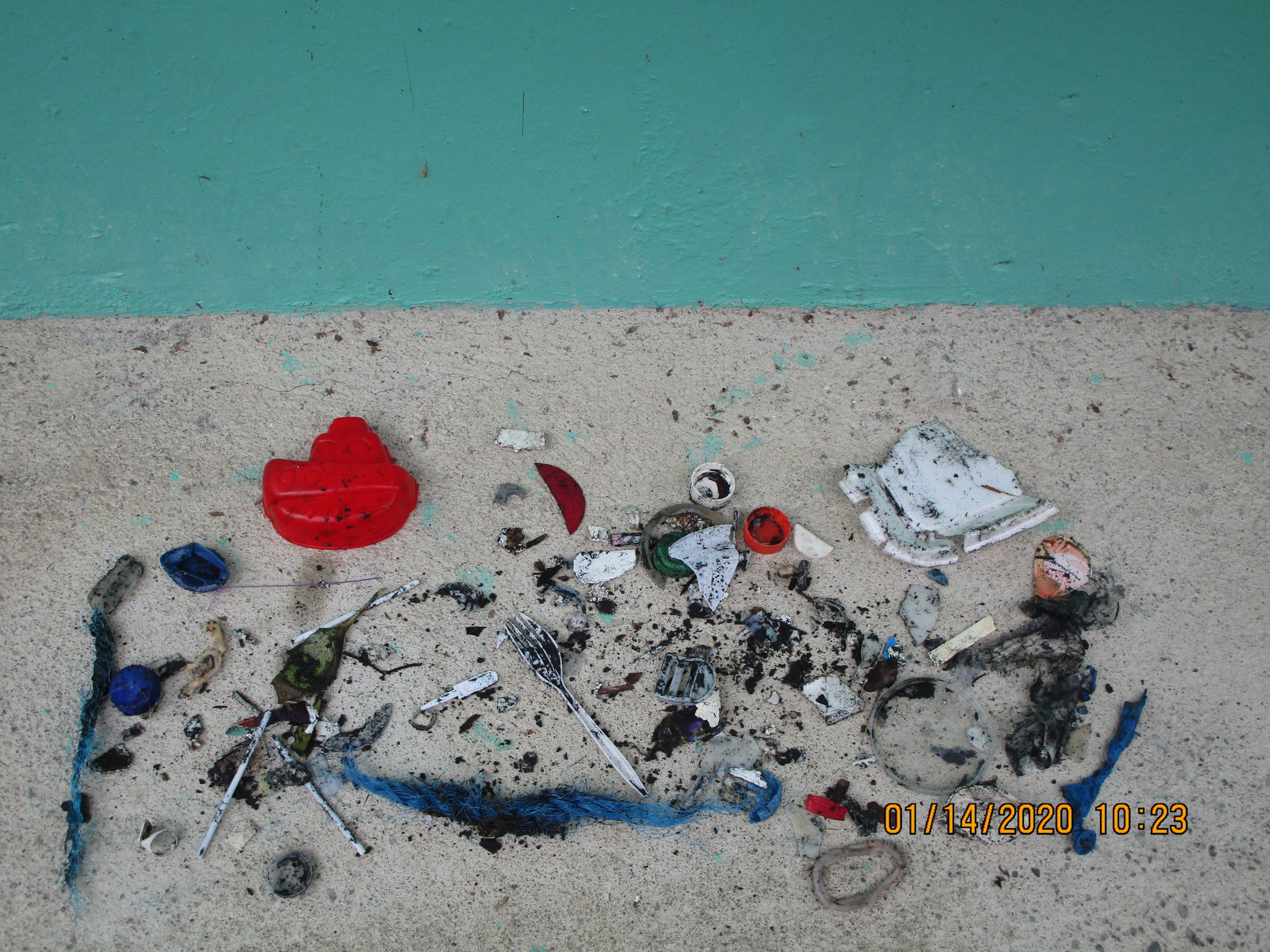The Value in Performing Simple Tasks
Although I know there is no way to escape the business of preparing meals, doing dishes, sweeping floors, and doing laundry, there must be more to life than devoting the entire day to these things. Maybe this is why people with money are willing to pay other people to do these things for them.
Money buys time. But maybe there’s more to it. Maybe we’re missing something by rushing through our chores.
The Joy of Peeling a Papaya
As I peeled and sliced a fresh papaya for breakfast this morning, I entertained the idea of spending a month or so in a place where I didn’t have to do any of these tasks. And maybe, because I am retired now, I can give myself permission to do just that. But maybe what really needs to happen is that I let go of this constant sense of urgency, of not wanting to waste time, so that peeling a papaya will become a purposeful and pleasurable part of my day.
It has been a little more than two years since I chose to stop working. I still struggle with slowing down, but my daily routine is very satisfying because I now have enough time not to have to hurry.
It’s an attitude adjustment, a shift in perspective.
While I was a working woman, I resented having to do household chores. I called them chores, because my heart was not in them. My heart was not in them because I didn’t have the time or energy left for them after I had spent my days and weeks going out to a job each morning and returning in the evenings with no energy left for anything else.
I remember when I resigned from my evening job after struggling with the decision – a loss of income, but a gain of time – of gaining back my life.
That first evening when I got home from my day job and didn’t have to rush out again in 30 minutes to my evening job, I washed the supper dishes slowly and deliberately. As I did so, my heart returned to the task; I noticed the sensations of the water on my hands, the texture of the dishes on my fingers, and the pleasure of seeing the dish drain full and the sink empty.
I actually wept! I felt such gratitude to have enough time to enjoy everything I did.
Because after all, we are only alive during each moment; the present moment is where we exist. And if we are spending our moments doing things we hate, or dreading to do unwanted tasks we consider a waste of our time, isn’t that a waste of our life?
The Zen of Defrosting the Freezer
Recently, a friend came to visit and stayed overnight. We were planning to walk in the national park the next morning, but she suddenly became very ill and ended up sleeping all day instead. As I stayed home and looked in on her, I decided it would be a good idea to do some household chores. It was a sunny day, so I washed a load of clothes and hung them on the line to dry. The fridge freezer was a solid block of ice (it’s the old-fashioned kind), so I decided that today would be the day to tackle the job of defrosting it.
As I spent the morning at home, hanging out with the laundry and de-icing the freezer, I felt a strong connection with the women in my family who have gone before me.
I thought about my mother, my grandmothers; the women whose lives were structured by the mundane and physical tasks of daily living. Monday was wash day, Tuesday was ironing day (so glad that’s over with!), Wednesday was …? day, Thursday was shopping day, Friday was cleaning day, Saturday was baking day, and Sunday was the day for resting from all that work. Quotidian existence.
How did women ever have time to go out to work, too? All of this housework is plenty enough to fill each day. Why spoil the pleasure of accomplishing these important tasks by forcing them to take second-place to a ‘real’ job that pays a salary and takes us away from home?
Keeping a household running smoothly is important work. And now that I no longer work for a living, working at these mundane tasks provides structure and satisfaction.
Household Tasks as Contemplative Practice
As I wiped down the fridge that day, I remembered another time I cleaned out a fridge a few years past.
I was visiting my older sister, who had received a cancer prognosis of just a month or more to live. Three nieces and a nephew were also visiting, and we had each been given a list of tasks to do for her. My task was to clean out the refrigerator. She and her husband were the only ones using that fridge, but it was the most jam-packed fridge I had ever seen.
It took me nearly an hour just to take everything out so that I could begin cleaning it; there were so many jars and bottles of stuff that I finally just spread a sheet on the floor and set everything on it. Putting it all back in the fridge was another labor of love, like working a puzzle, trying to get all those jars and bottles back in their proper places. After I finished, my sister thanked me: this task was important to her. As a woman who had always loved her home – and our mother used to call her “Mrs. Clean”– this need to wrap up all of her worldly responsibilities was a way of tying up the loose ends of her life in preparation for her death.
The joy we find in the daily-ness of our lives is a quotidian mystery.
Now that I don’t have to hurry to squeeze these tasks into the odd hours when I am not working for a living, I actually enjoy performing them. Isn’t it enough to have spent a day making my clothes clean and fresh for another week? Isn’t it enough to have spent a morning bringing order again to a neglected refrigerator? I think so.



